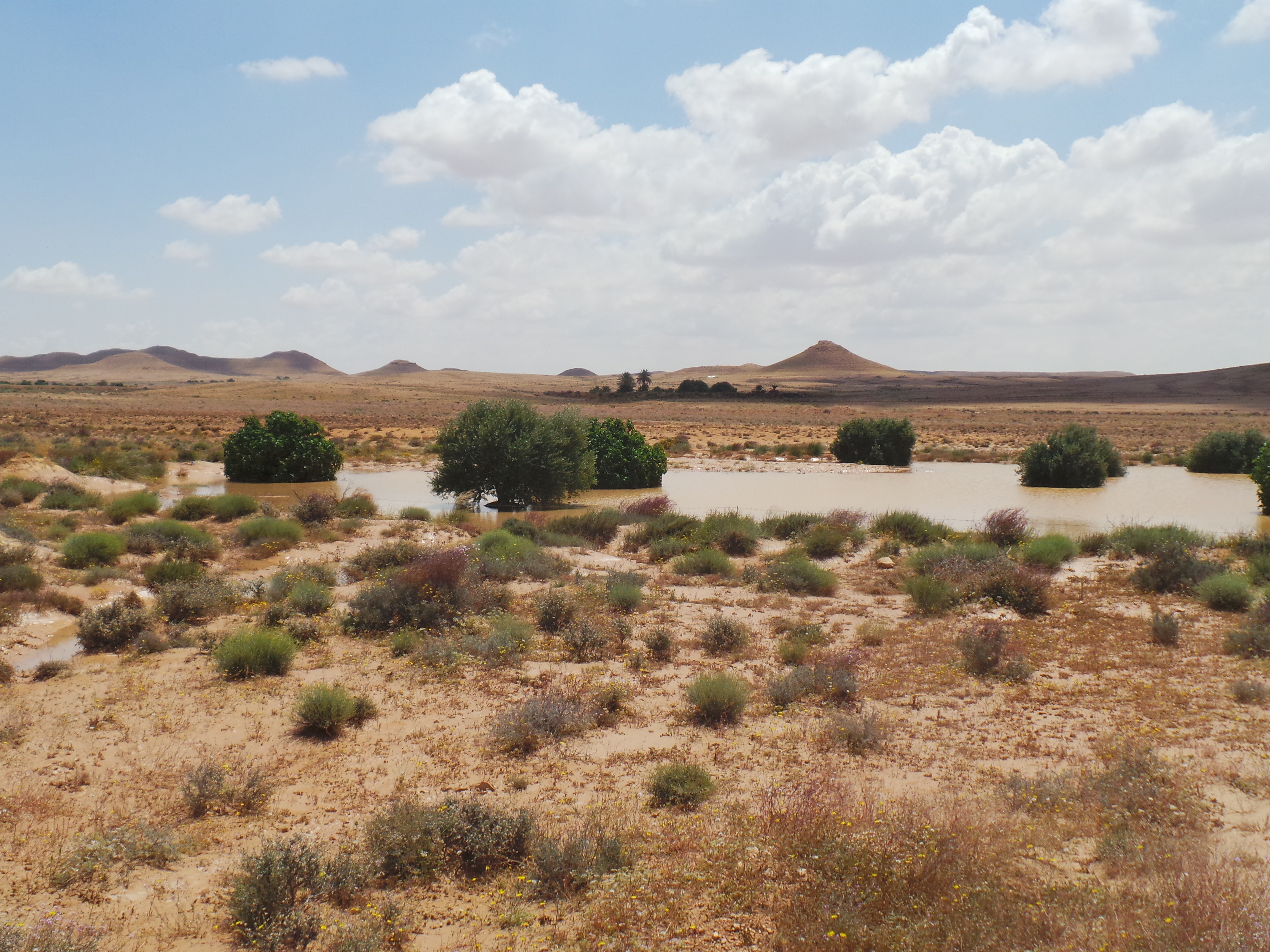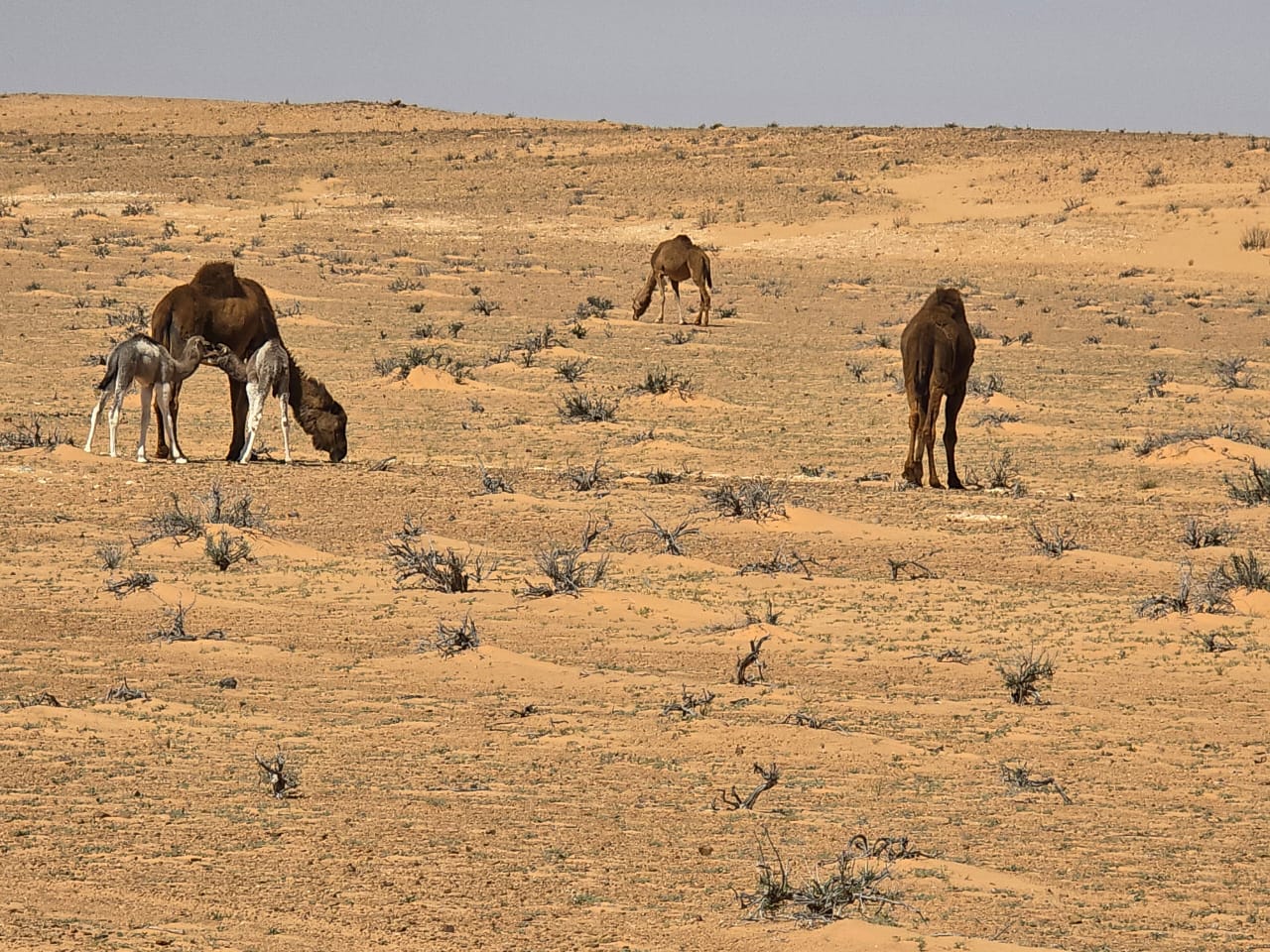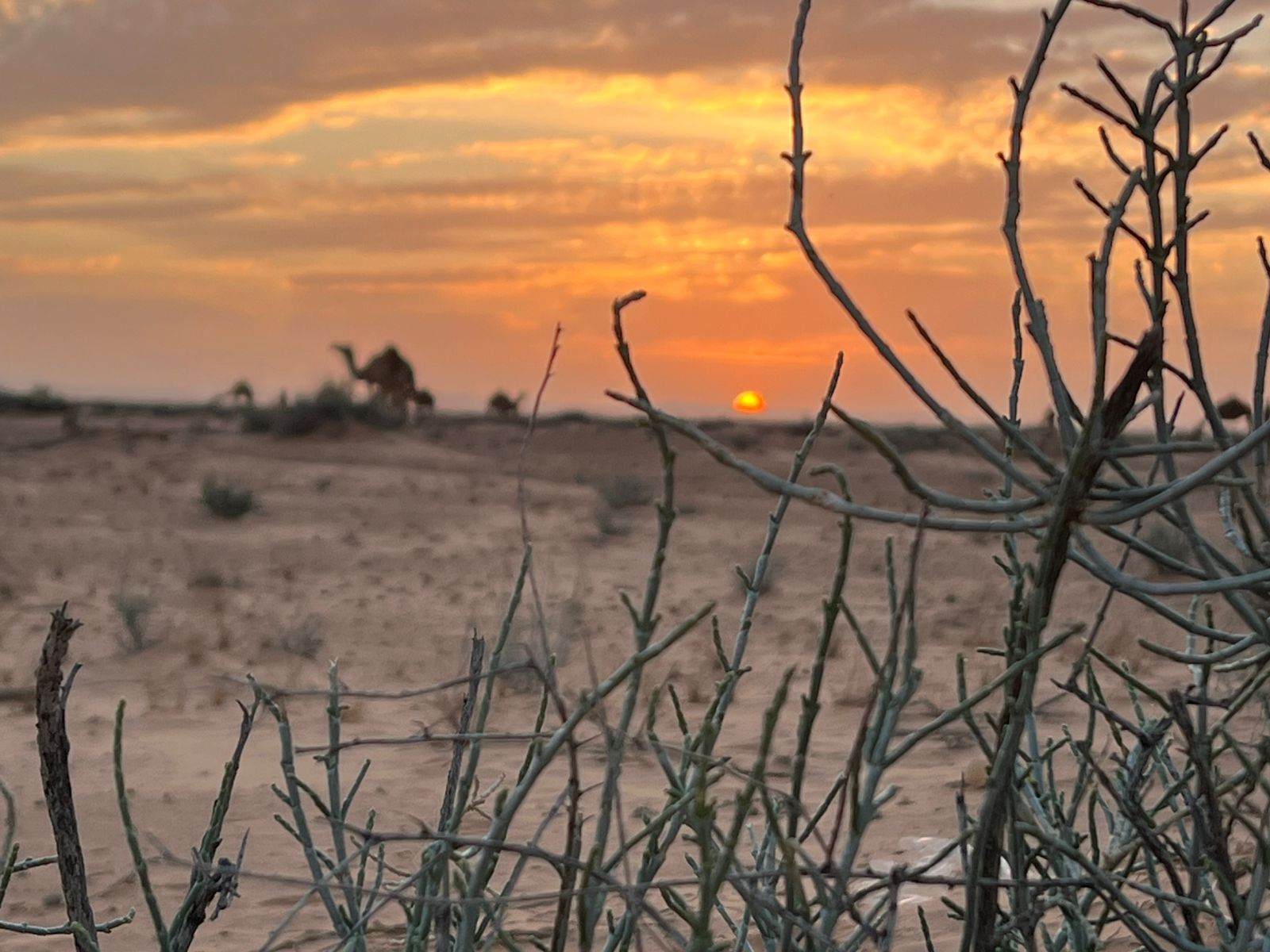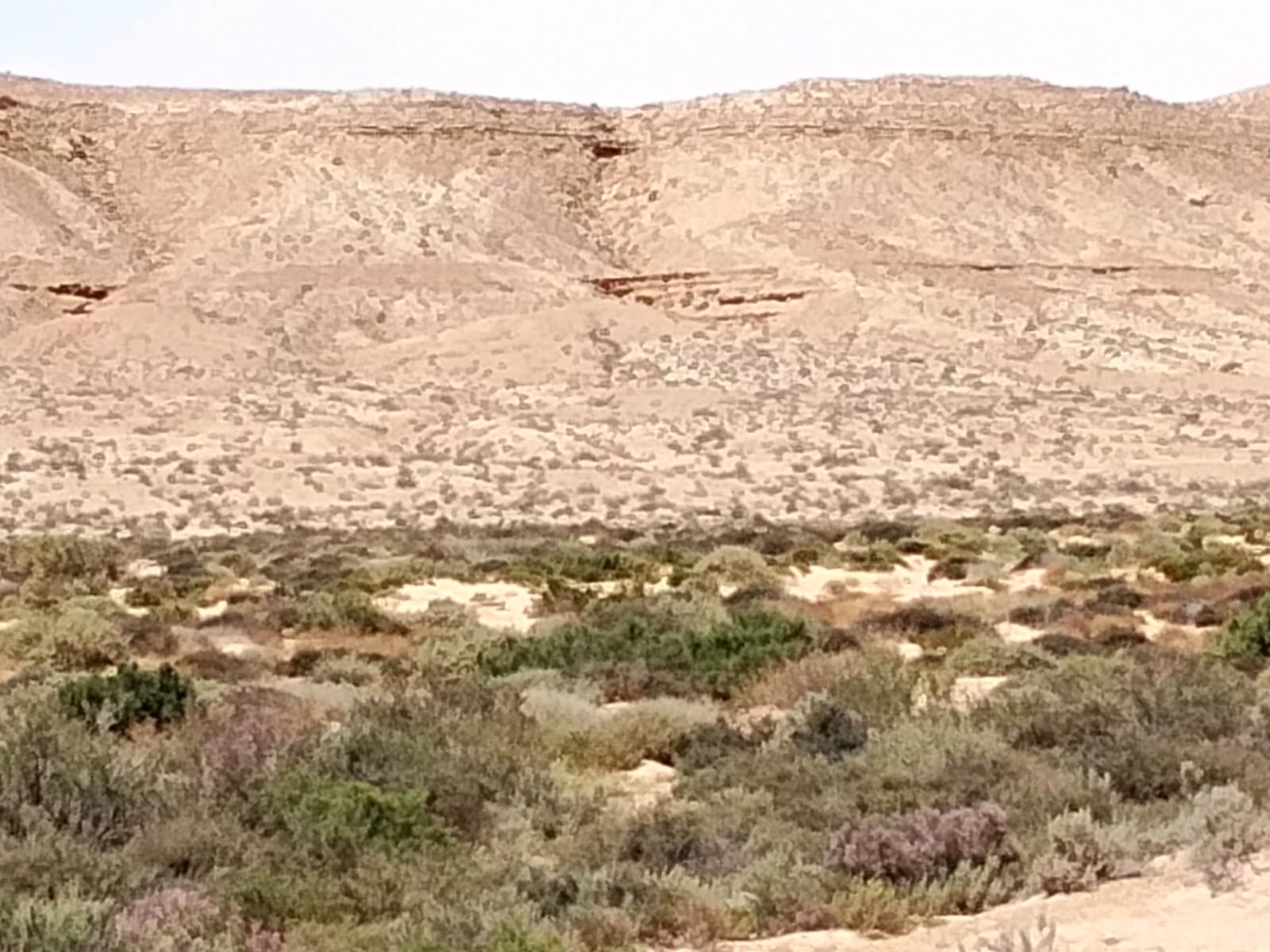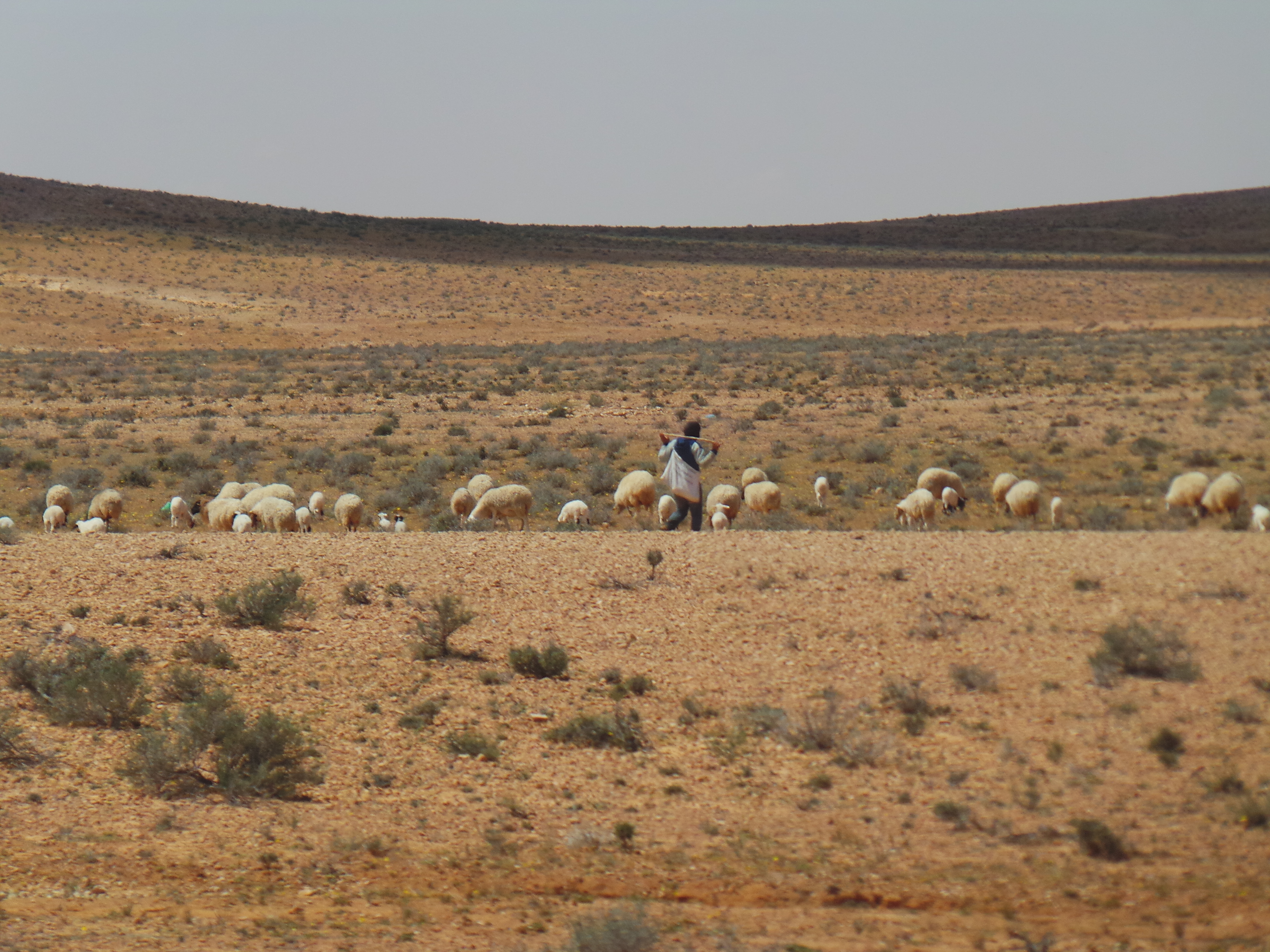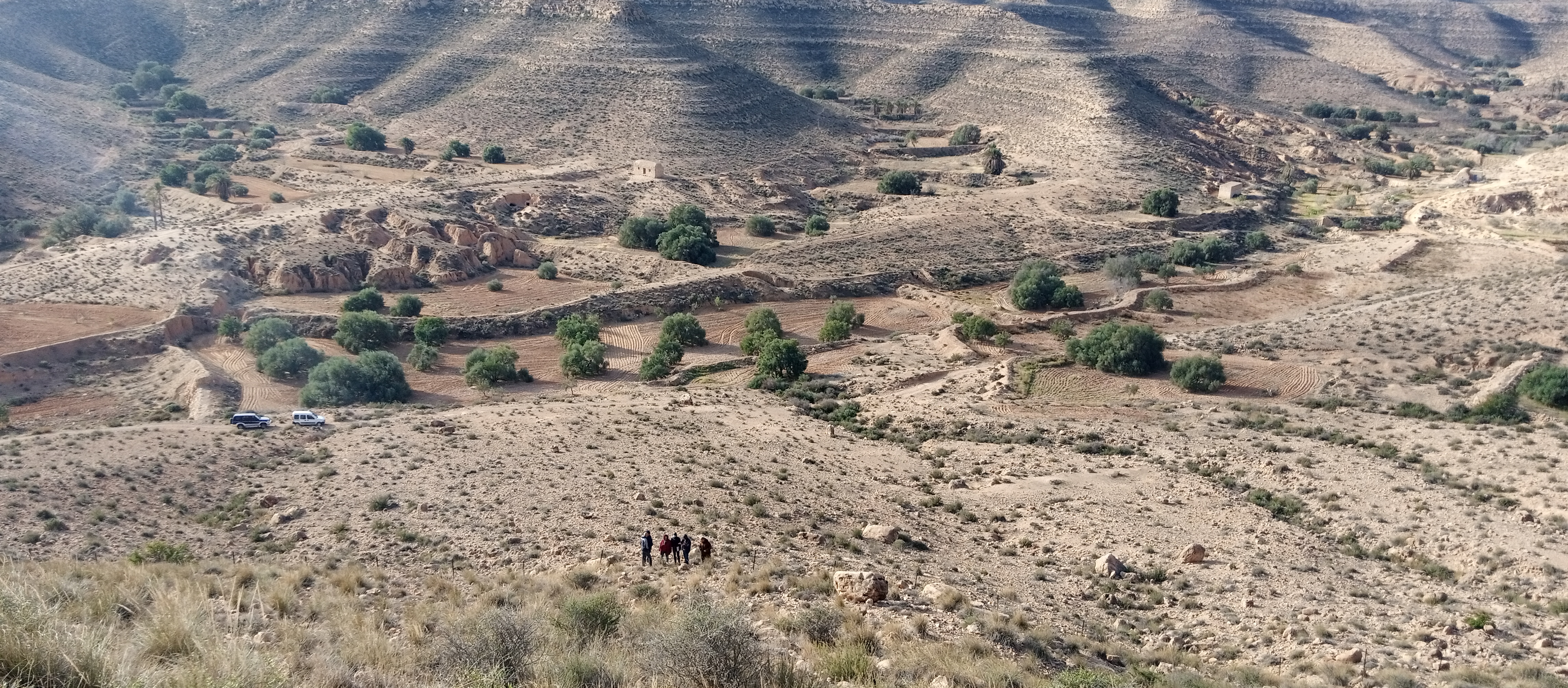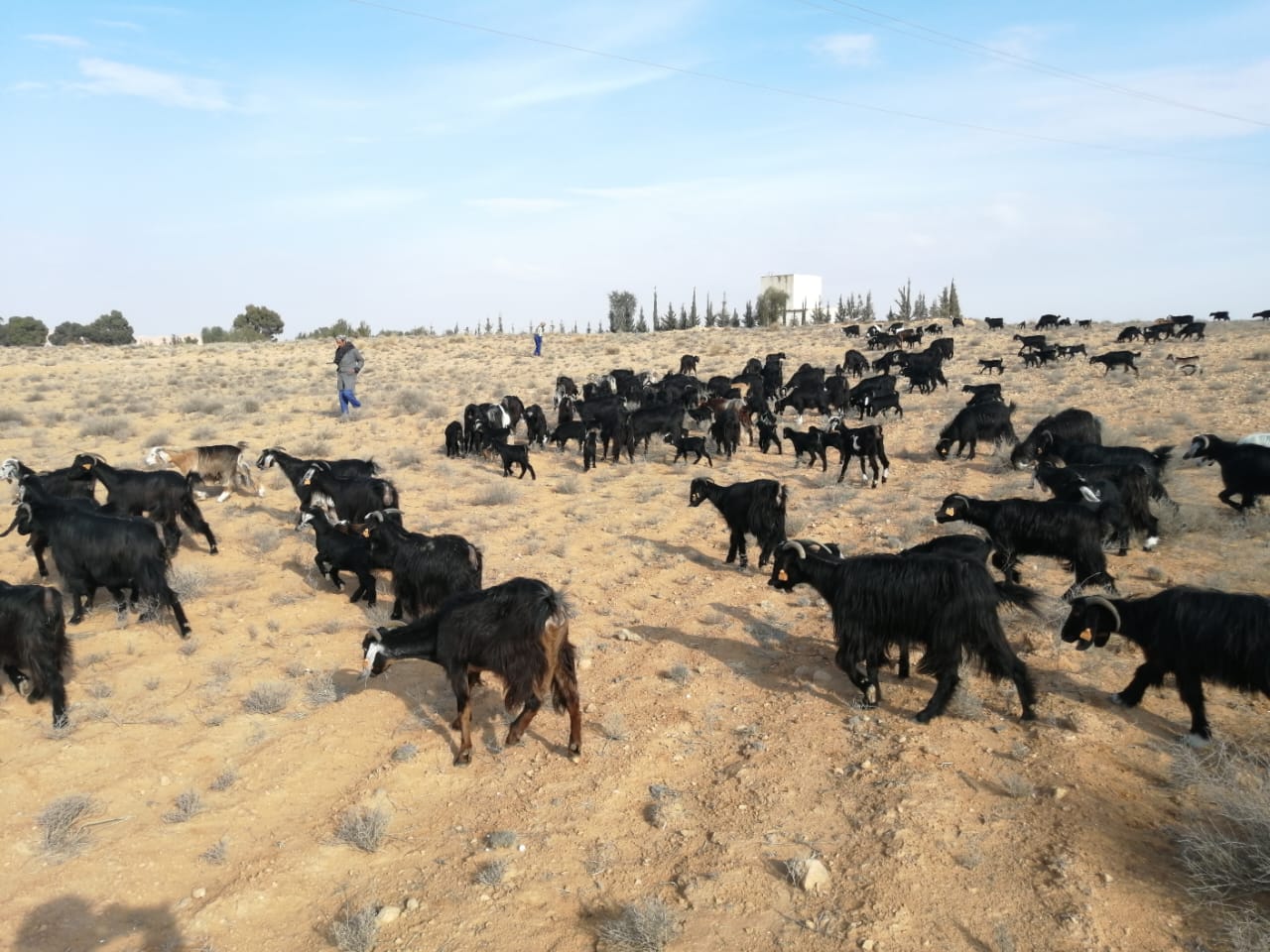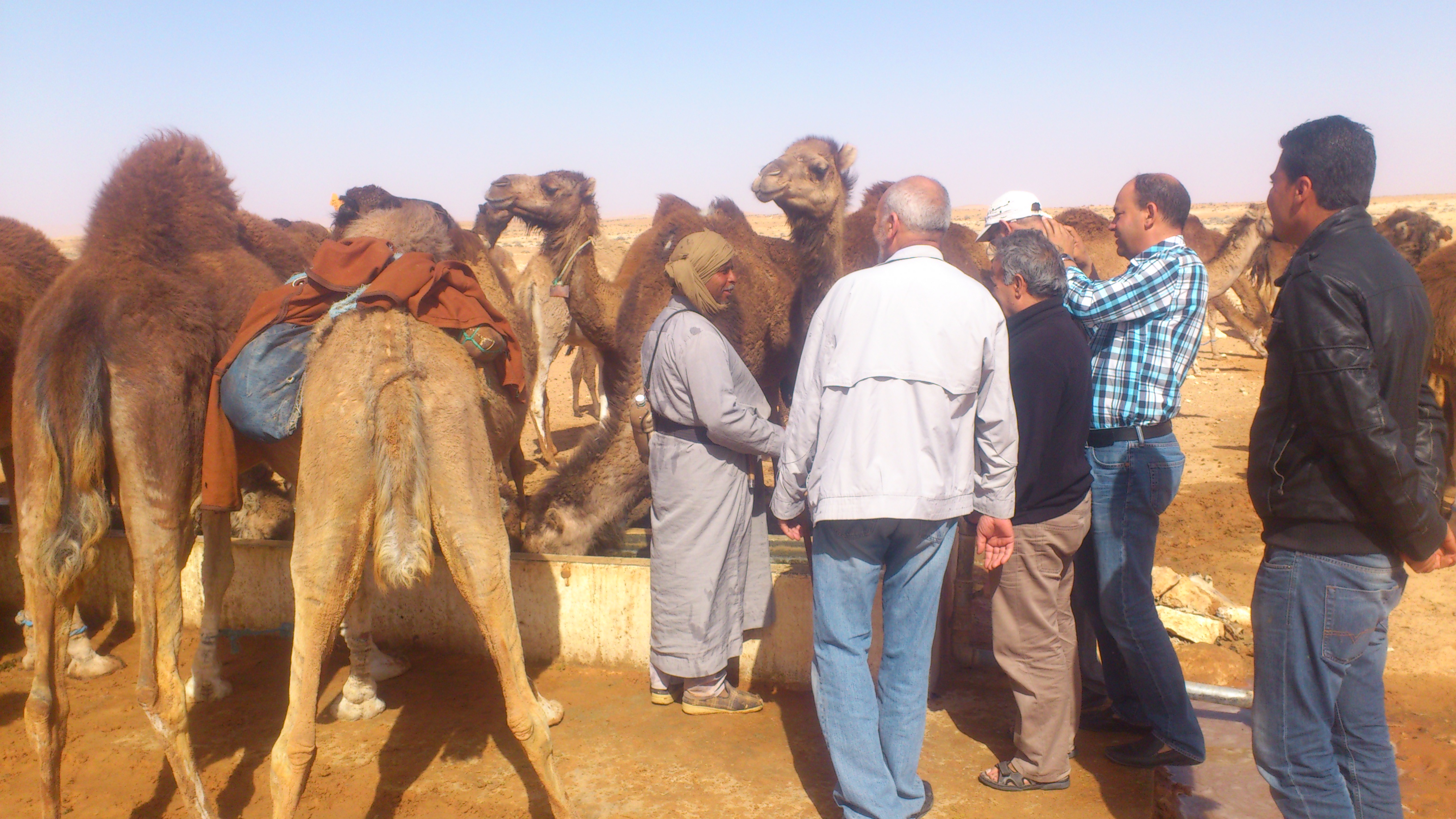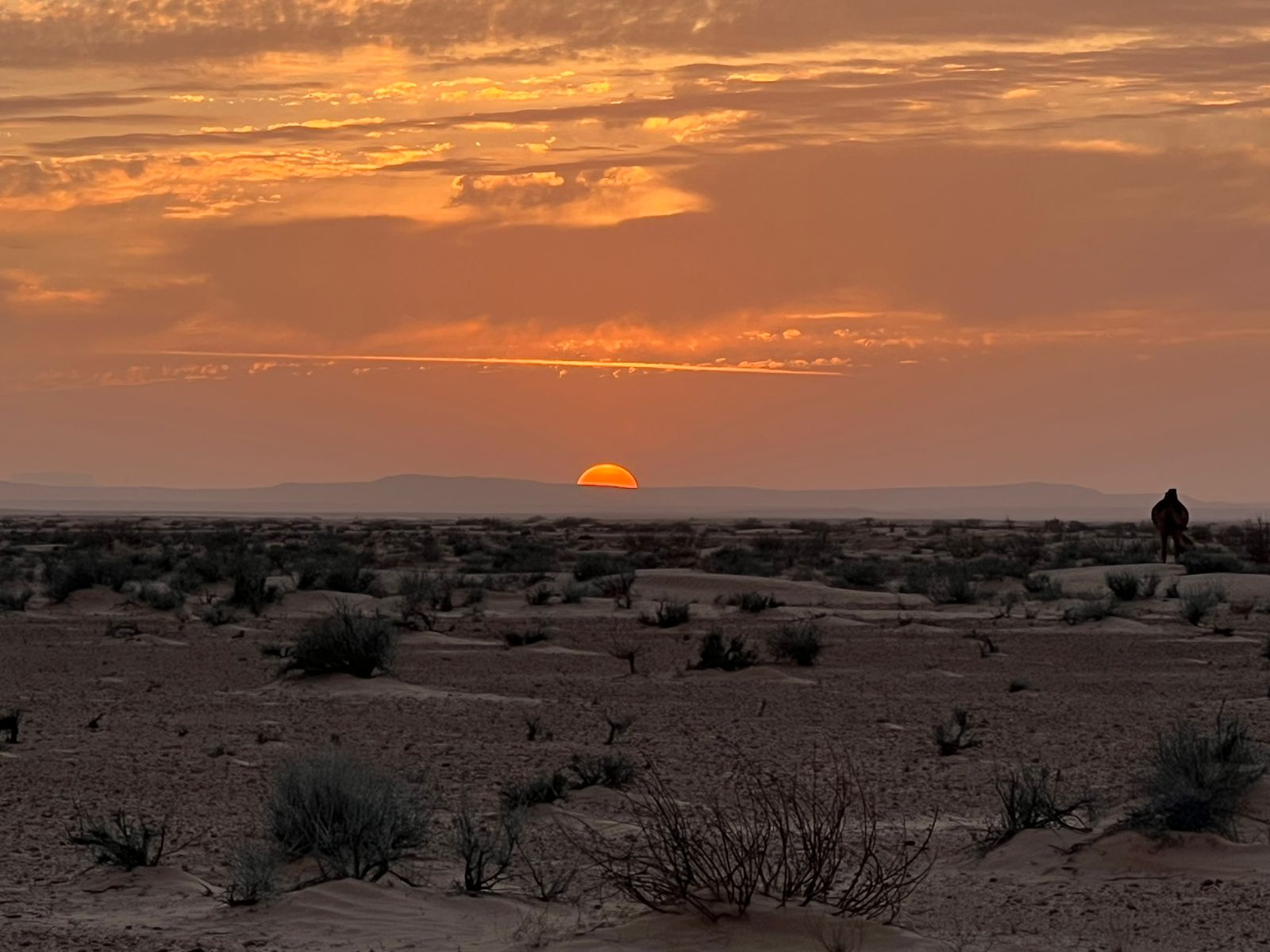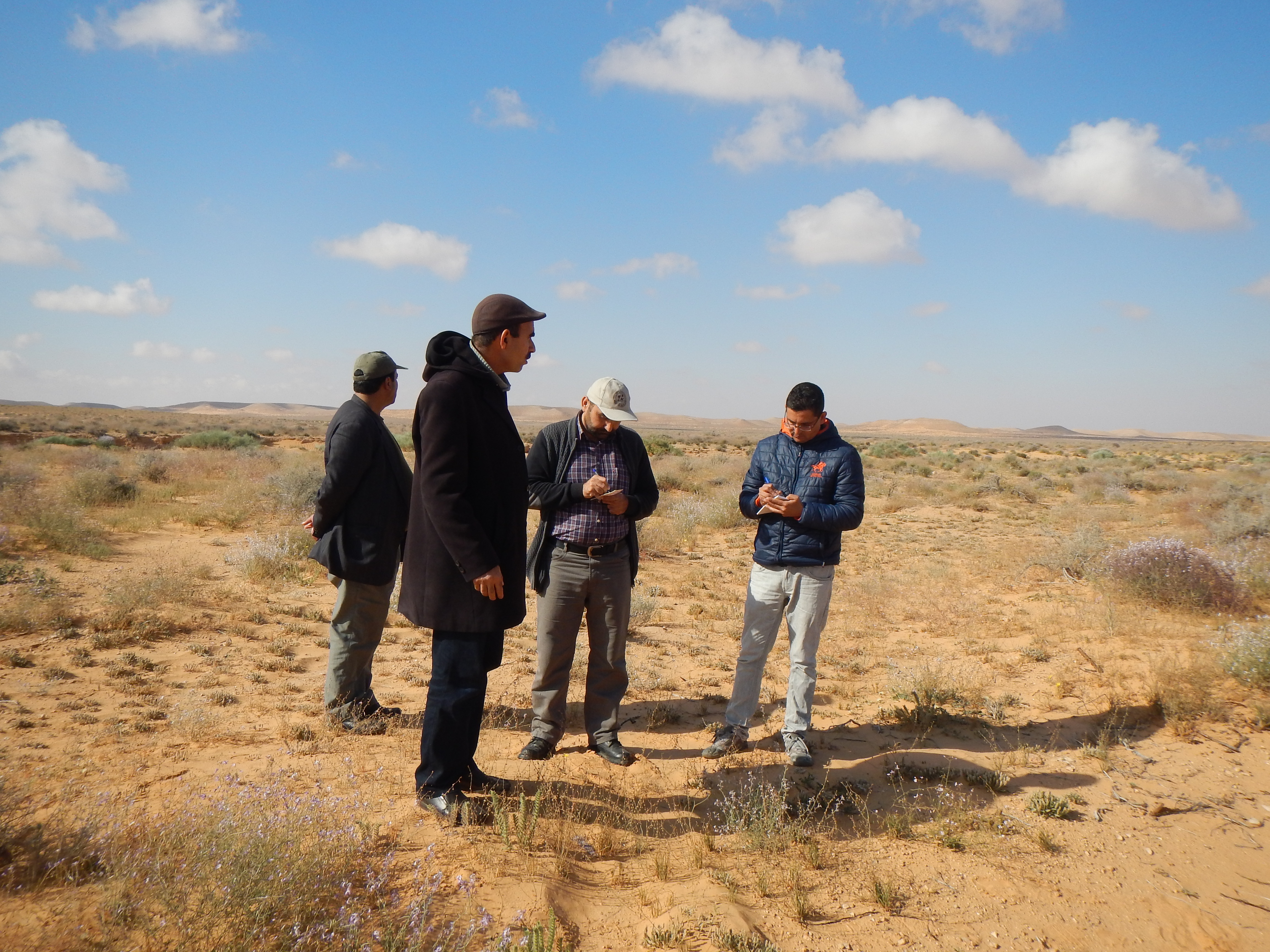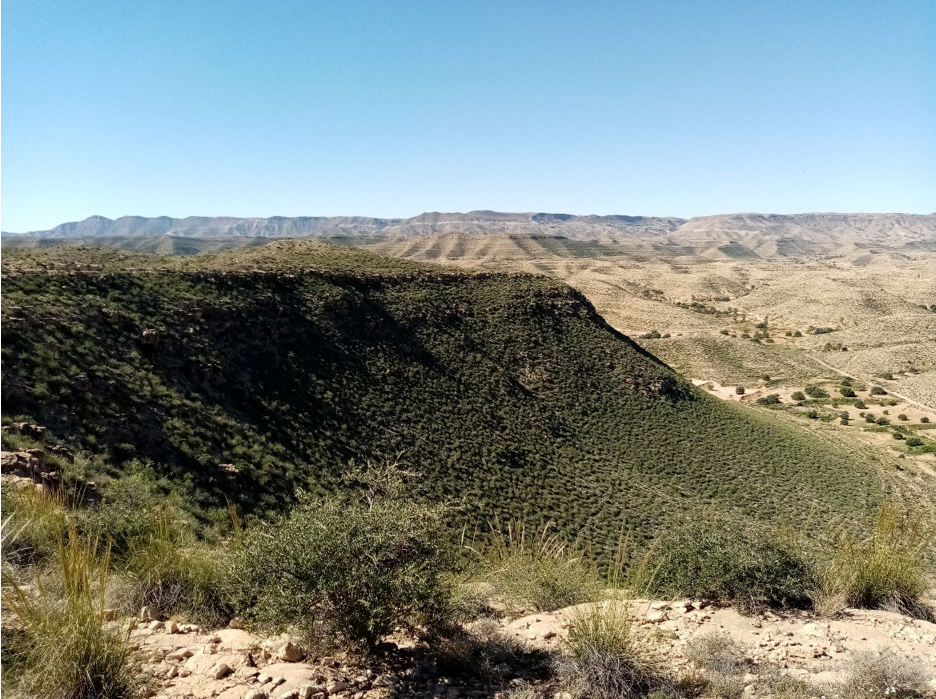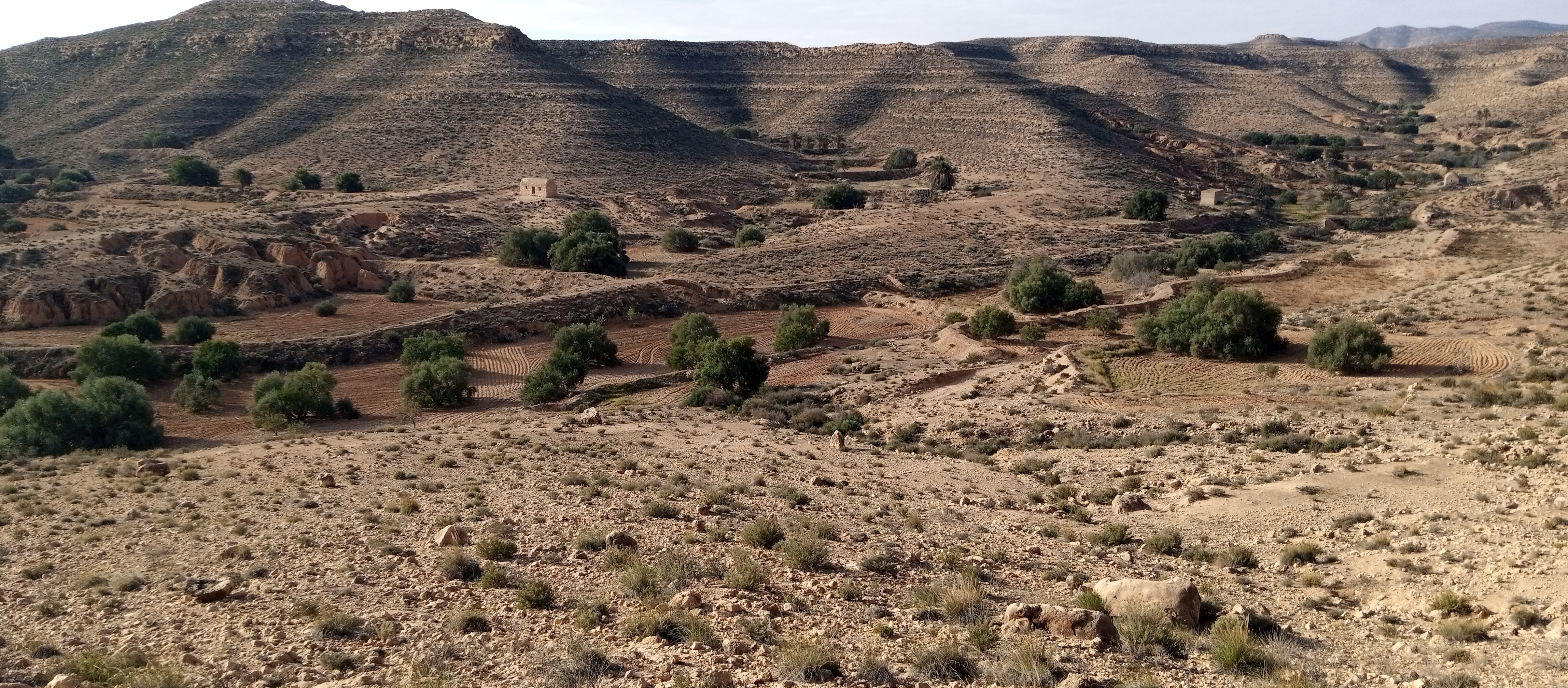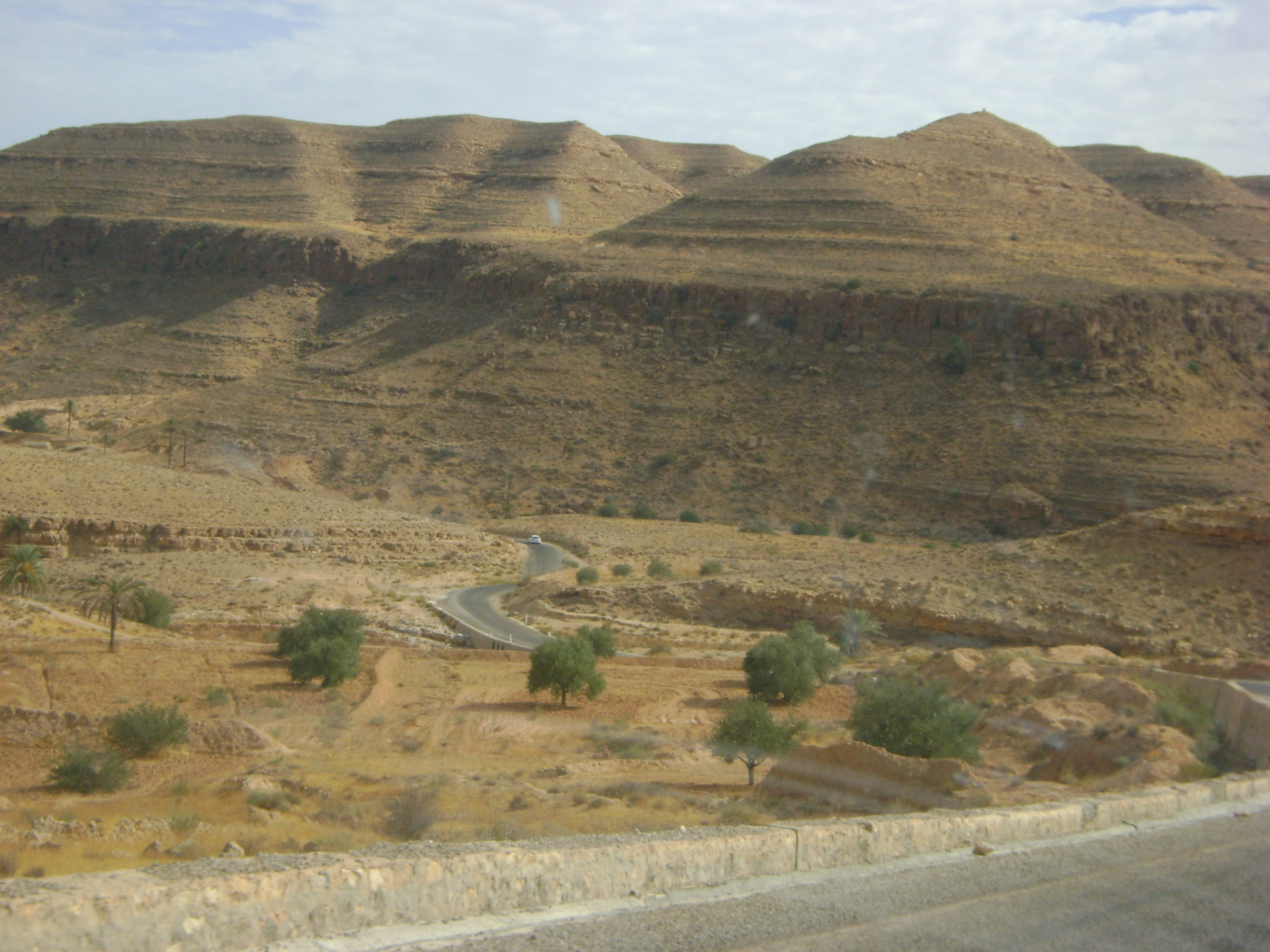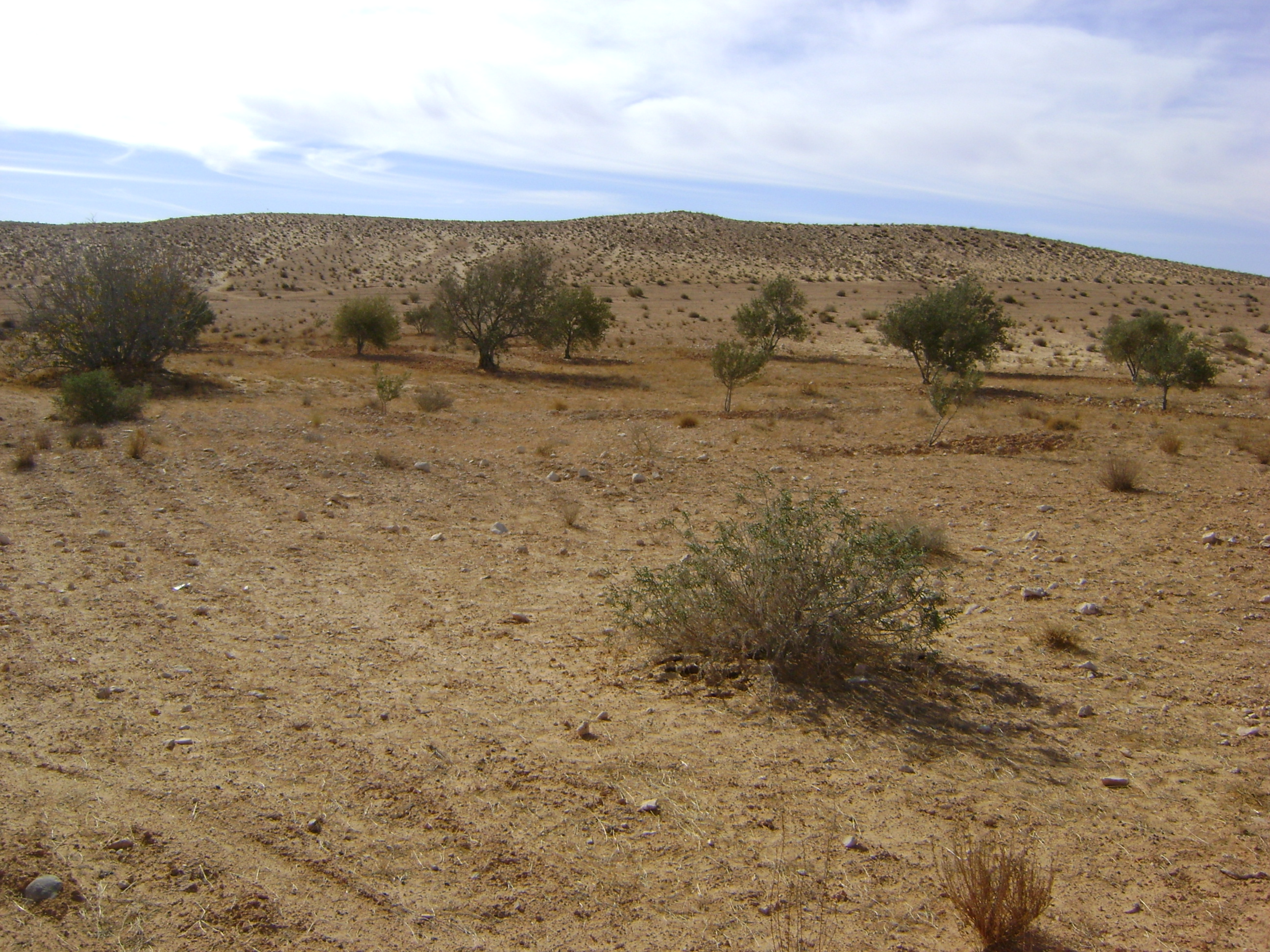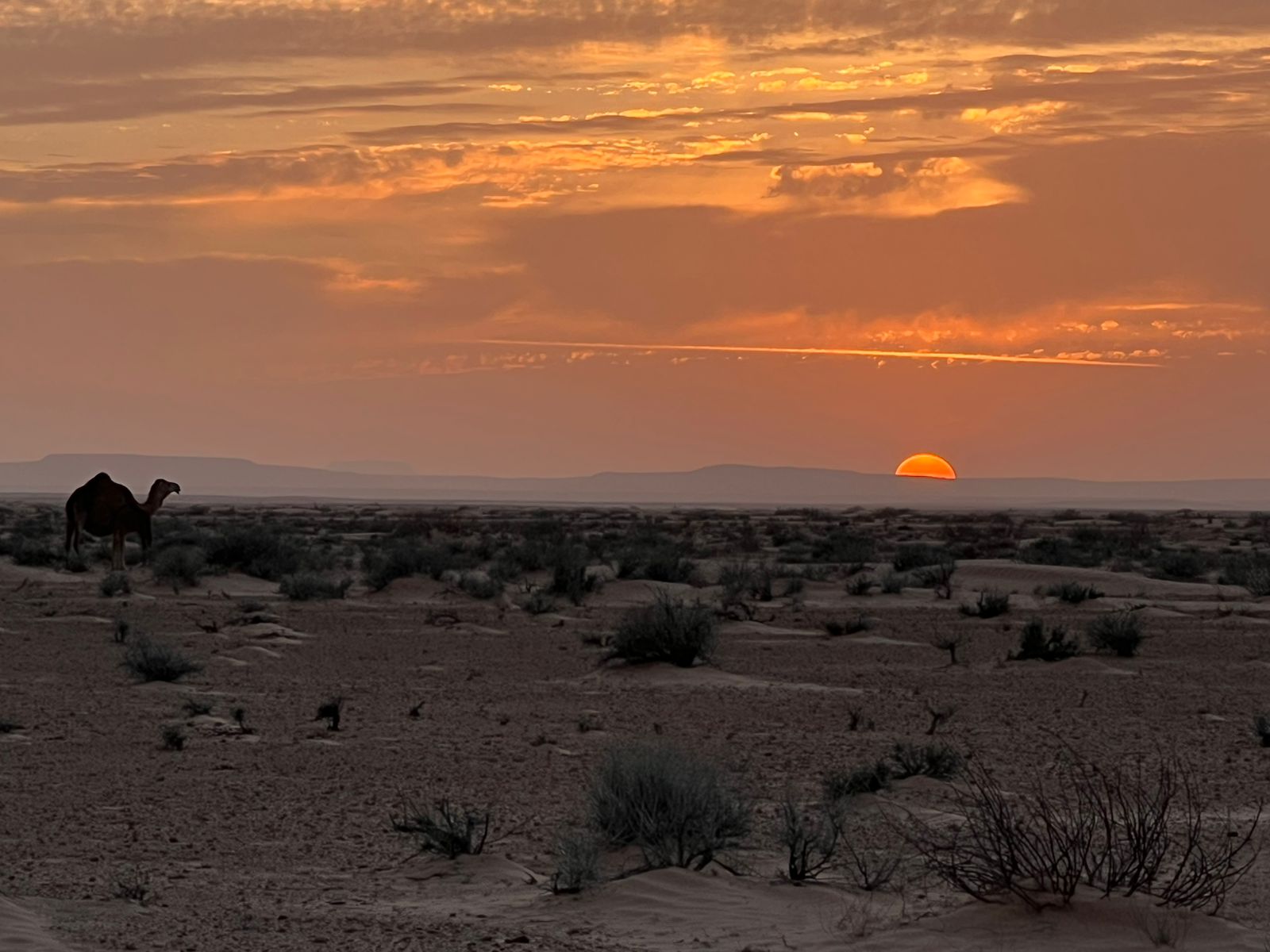
The First International Seminar on Rangelands and Pastoralism : Reality and Challenges for Sustainability (RanPasS1)
Djerba, Tunisia, 2-5 April 2026
50th anniversary of IRA
Celebrating the 50th anniversary of IRA, highlighting its long-standing contributions to research and development in arid rangelands and sustainable pastoralism.
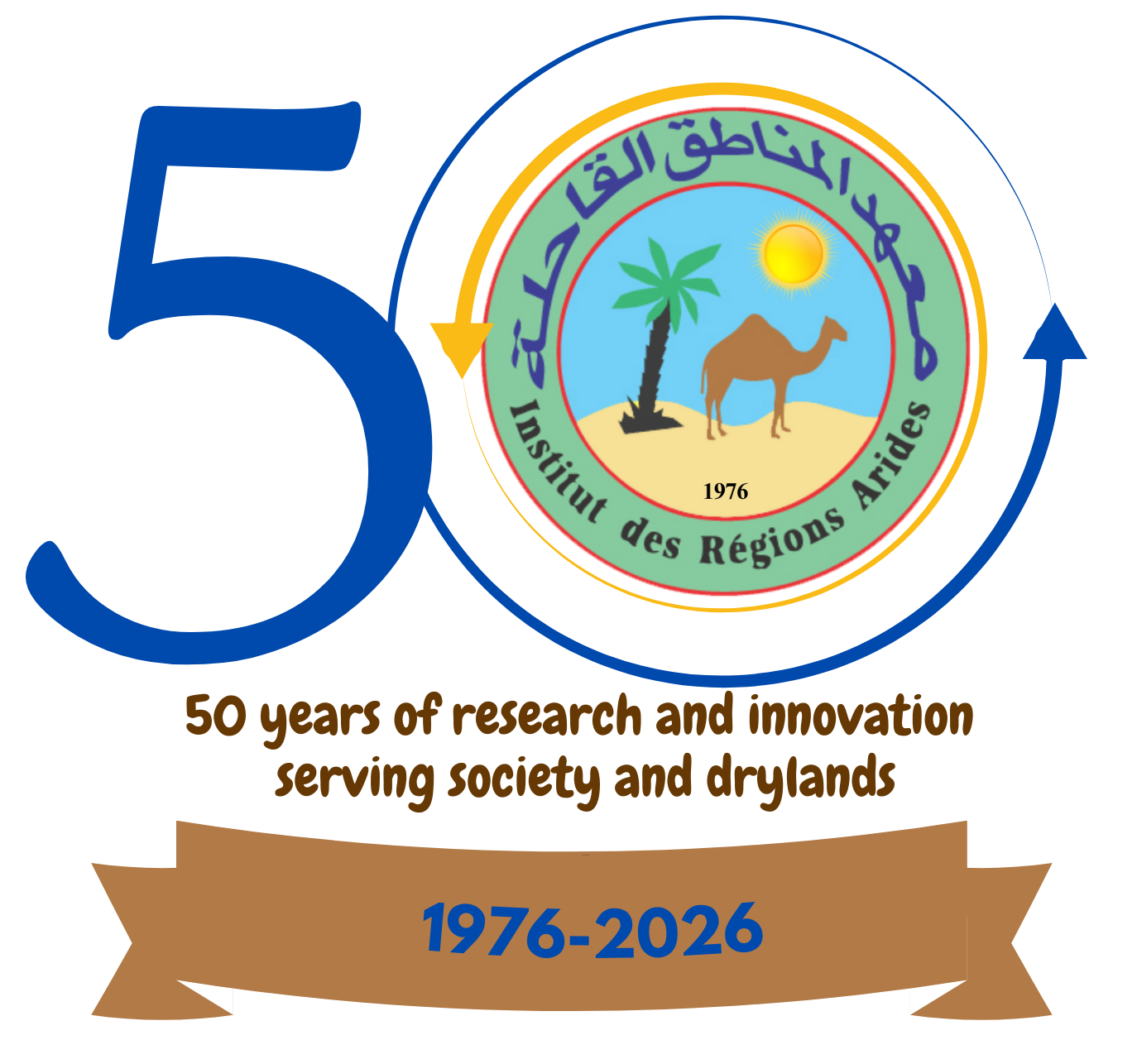
IYRP 2026
United Nations’ 2026 International Year of Rangelands and Pastoralists (IYRP), recognizing the global importance of rangelands and pastoral communities, this year promotes awareness and action for their sustainable management and resilience.
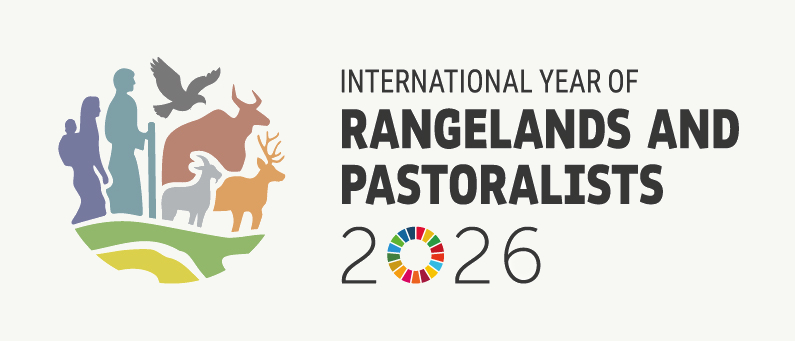
Context
The year 2026 represents both the 50th anniversary of the Arid Regions Institute of Medenine (IRA, Tunisia) and the United Nations (UN) International Year of Rangelands and Pastoralists (IYRP) led by the Food and Agriculture Organization (FAO). Rangelands and pastoralism are linked to diverse ecosystems, cultures, identities, traditional knowledge and historical experience coexisting with nature. Taking into account all this information, the first international seminar on rangelands and pastoralism (RPastS1) will be organized with a special focus on dryland pastoral ecosystems and pastoralists. Drylands cover around 40% of the earth’s surface and contain more than two billion people. These regions are particularly vulnerable to the effects of climate change, desertification and increasing human pressure. Arid rangelands, extensive grazing systems used by pastoral communities, are at the heart of the ecological, economic and cultural dynamics of these areas. Yet they are often overlooked in public policies. Rangelands represent some of the planet’s largest and most crucial ecosystems. They are integral to global environmental balance and play a significant role in supporting nearly 75% of the world’s energy demands. Defined as uncultivated lands that sustain both livestock and wildlife, rangelands encompass a diverse range of ecosystems, including forests, grasslands, wetlands, savannas, steppes, and deserts. In addition to their role in food production and resource supply, rangelands provide a variety of essential ecosystem services including biodiversity conservation, carbon sequestration, and the provision of cultural and recreational spaces, such as those used for tourism and hunting. However, over recent decades, these landscapes have been increasingly subjected to human pressures, often resulting from unsustainable land use practices that threaten their ecological integrity. Climate change further exacerbates these pressures, accelerating the degradation of these already fragile ecosystems. The dynamics of collective rangelands are particularly affected by competition among diverse stakeholders, such as farmers, herders, and local communities, often leading to conflicts over access and resource use. These tensions have driven significant institutional transformations, challenging the resilience and functionality of traditional governance systems.
General information
- Organizers : Pastoral Ecosystems and Spontaneous Plants Laboratory and partner’s
- Duration : 3 days from 2 to 4 April 2026 + 1 day Field trip (optional)
- Publication : Euro-Mediterranean Journal for Environmental Integration
- Official languages : English, with possible translation to arabic and french.
Objectives
- Share scientific knowledge, local best practices and experience of pastoralists.
- Strengthen cooperation and partnerships between researchers, policy-makers, practitioners and pastoral communities.
- Identify and promote innovative strategies for the ecological, economic and social resilience of arid rangelands.
- Formulate operational recommendations for public policies and sustainable development initiatives.
Outcomes
- A collection of scientific papers in peer-reviewed proceedings and field testimonials.
- A summary document with policy recommendations.
- Knowledge exchange among stakeholders and networking of actors and pastoralists involved in the sustainable management of arid rangelands.
- The basis for future collaborative research and action programs.
Our Speakers

Francesca Pasetti
DR, Barcelona Centre for International Affairs
PhD in Applied Eco-Biology with over 40 years of expertise in agro-pastoralism. Multilingual, she has collaborated with UN agencies, the EU, donors, civil society, private and research institutes. European co-chair of IYRP.

Azaiez Ouled Belgacem
Professor, ICARDA
Senior rangeland scientist coordinating ICARDA Tunisia, with 30 years’ experience leading MENA projects on arid ecosystems, biodiversity, desertification, and climate adaptation.

Igshaan Samuels
Dr, Agricultural Research Council
South African rangeland scientist integrating ecology, research, and indigenous knowledge to develop sustainable livestock policies under climate and socio-economic challenges. Co-chair of the Global Alliance for Rangelands and Pastoralists in 2026.

Mohamed Tarhouni
Professor, IRA
Tunisian rangeland scientist. PhD and HDR in Biological Sciences, specializing in arid ecosystems management, vegetation dynamics, GIS, biodiversity, climate change, leading research projects, and applied innovation.
Our partners



